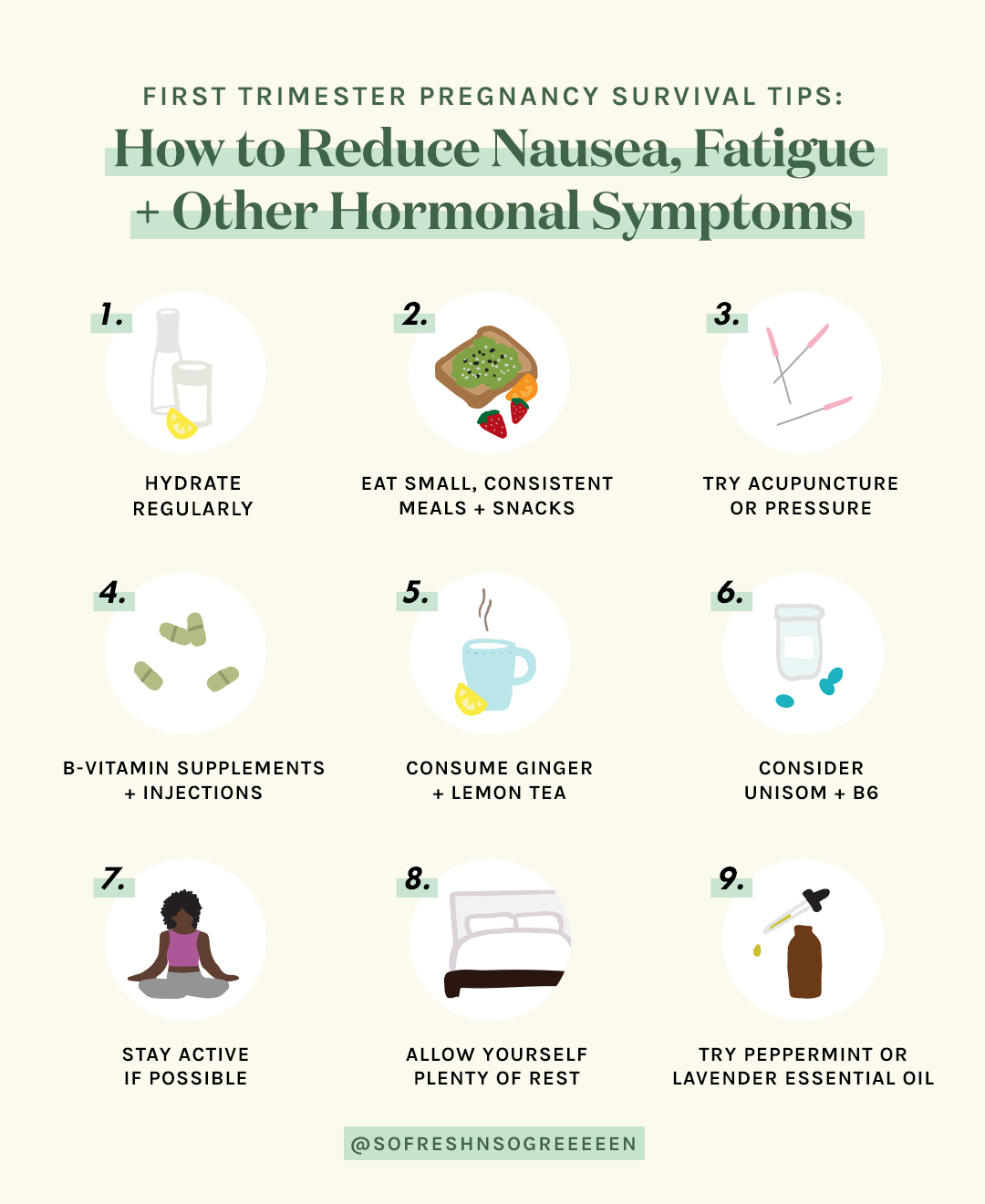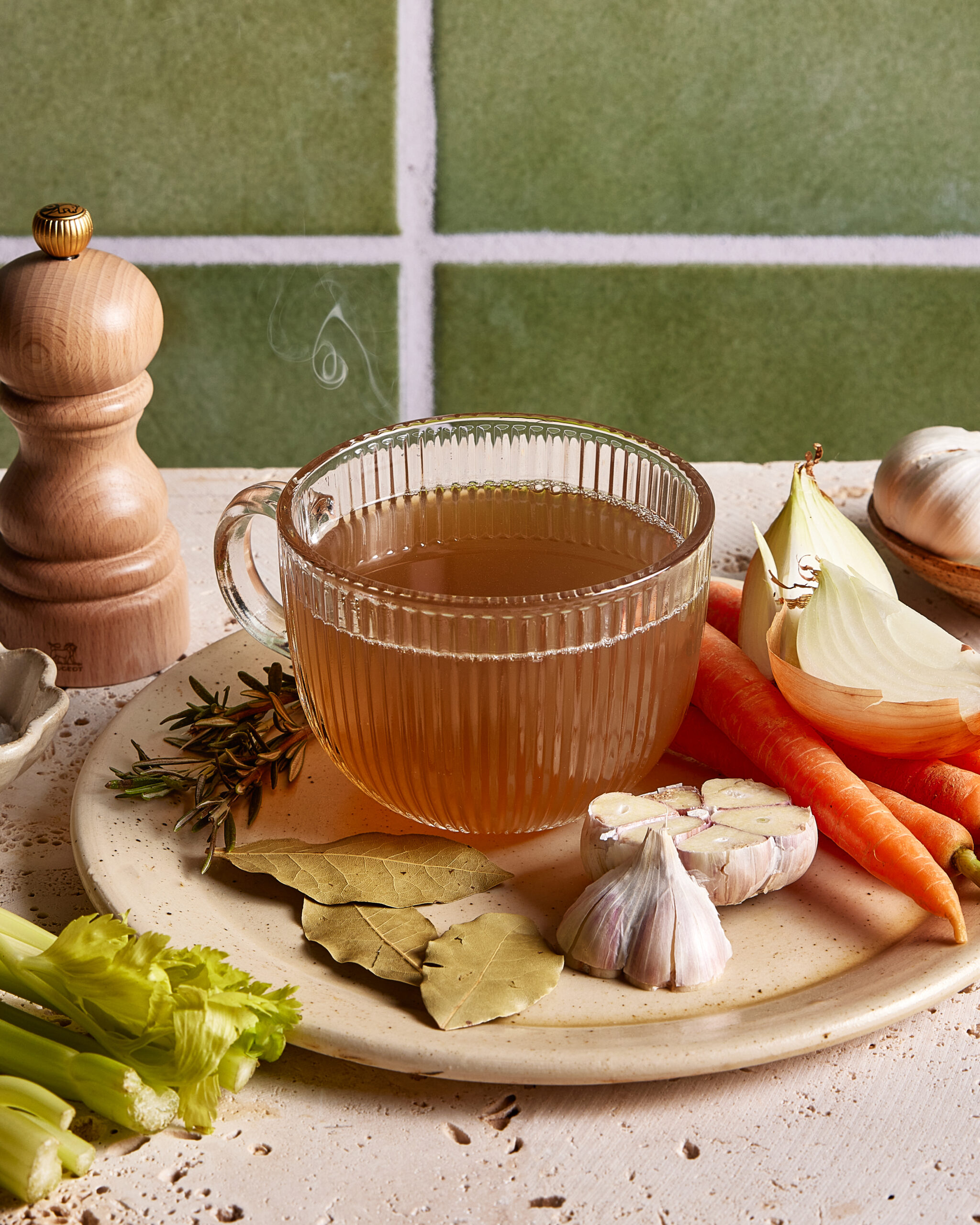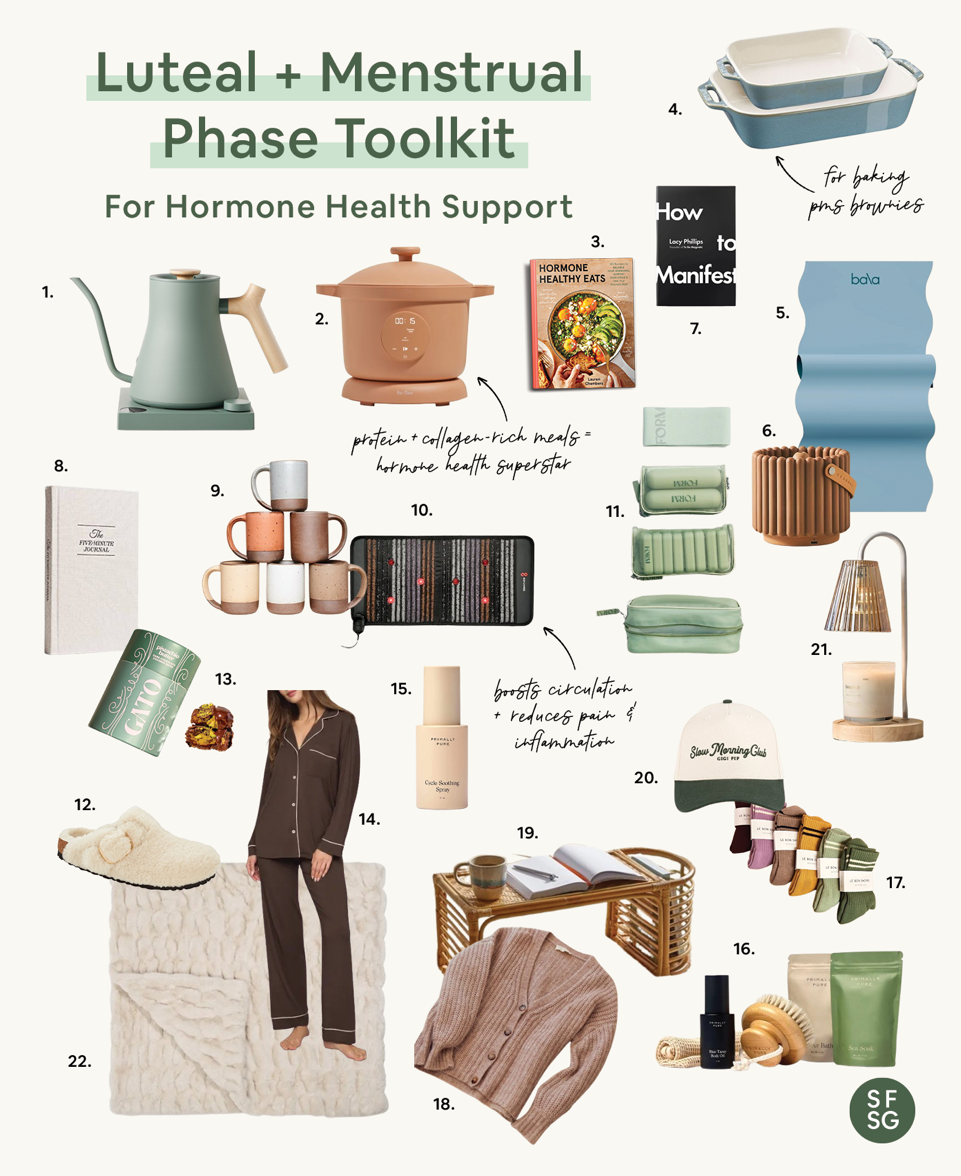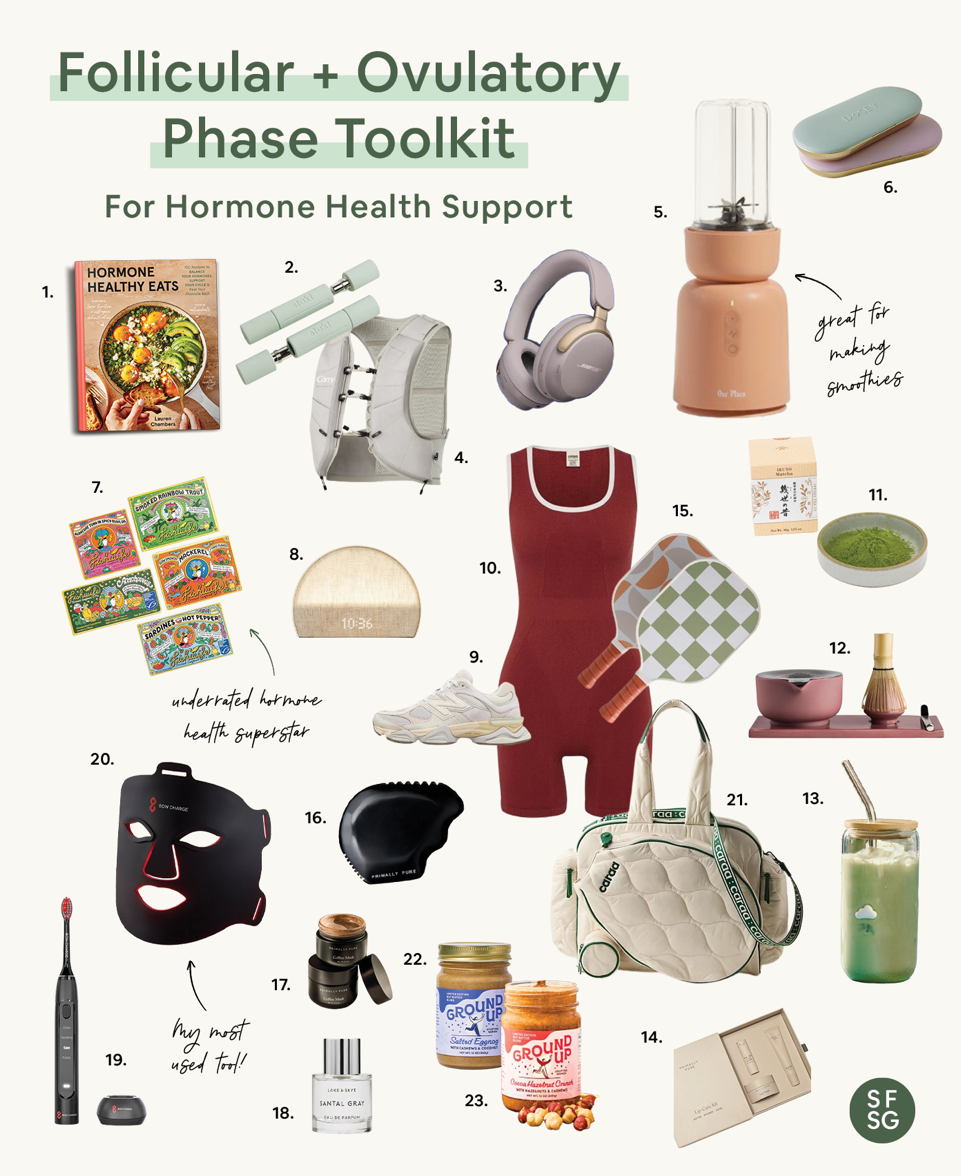recipes
lifestyle
wellness
motherhood
mindset
About
E-Books
Blog
Freebies
partnerships
hi, i'm lauren!
hey there!
I’m on a hot mission to help you balance your hormones & live your best life.
categories
Home
Quiz
Get In Touch
The Course
search:
Cookbook
First-Trimester Pregnancy Hormone Balancing Tips: How to Reduce Nausea, Fatigue + Other Hormonal Symptoms
Jan 6, 2021
Recipe key
GF
VG
P
Vegan
Gluten Free
Paleo
DF
Dairy-Free
download now
Join Hormone Healthy Eats!
Become a SFNSG insider to get my monthly Substack, Hormone Healthy Eats! Packed with the latest hormone-healthy recipes
+ tips.
jump to recipe >
MY PERSONAL FIRST-TRIMESTER PREGNANCY EXPERIENCE
Having just gone through the first trimester the second time around, I can say this one was ROUGH. I felt sick all day long (forget morning sickness, nights were always the hardest), lost on what to eat (none of my normal foods sounded appealing) and like I barely had enough energy to make it through the day.
Luckily, as a Nutrition + Hormone Health Coach, I had plenty of knowledge, tools and support at my disposal, and you better believe I did anything I could just to help myself even feel a fraction better. Because when you feel seriously awful, even a fraction makes all the difference, amiright?!
While everyone’s journey is SO different, I can say with confidence (both as a professional in this field and someone who just went through the first trimester experience) that below are my top, tried-and-true First Trimester Pregnancy Survival Tips to help you reduce nausea, fatigue and other hormonal symptoms.
**Please also consult your licensed medical practitioner before engaging in the activities listed below and above all else do what feels right for you. Keep going mama, you got this!!
PREGNANCY HORMONES IN THE FIRST-TRIMESTER: WHAT’S HAPPENING
+ hCG (Human Chorionic Gonadotropin)
This hormone stimulates your empty follicle (that produced your now fertilized egg) to continue producing progesterone and estrogen. HCG detection in your urine is what produces a positive pregnancy test, and it will continue to rise throughout your pregnancy.
+ Progesterone
Known as nature’s sedative (aka slows things way down) this hormone serves MANY important roles throughout your pregnancy, including the building of your uterine lining and relaxing the uterine muscles (preventing contractions so the fertilizing egg can safely implant). As progesterone levels continue to rise throughout your first trimester, it can bring with it many unwanted side effects, including nausea, fatigue, constipation, bloating and moodiness.
+ Estrogen
This hormone stimulates your uterus to stretch and increases overall blood flow. It also prepares your breasts for milk production by enlarging the milk ducts (with an unwanted side effect of very sensitive, sore breasts). It can also increase moodiness and emotions (bring on the tears).
+ Relaxin
This hormone comes into play month #2, and alters membranes in your intestines to ensure every last micronutrient is absorbed to help grow your baby. It can also make you feel full and bloated, even if you haven’t eaten much.
**While it’s estimated that more than 70% of women experience nausea, morning sickness and other first trimester symptoms, some do not. It’s also important to note that if you are experiencing intense nausea, vomiting and fatigue to consult with a licensed medical practitioner immediately.
FIRST TRIMESTER PREGNANCY HORMONE BALANCING TIPS
How To Reduce Nausea, Fatigue + Other Hormonal Symptoms In the First Trimester
1. Hydrate Regularly
Water is essential for health, but even more so when you’re pregnant! Drinking enough of it will help your body absorb essential nutrients and transport vitamins, minerals and hormones to blood cells (helping boost both yours and baby’s health and reduce symptoms like fatigue and nausea). Hydrating regularly also helps to preserve an ideal level of amniotic fluid and help with fetal kidney function, while improving your digestion and flushing out waste and other toxins (crucial for alleviating bloat and constipation).
If drinking water isn’t something that comes naturally to you, try enhancing it with lemons, ginger or fresh mint, which may also help with nausea. When in doubt, drink a glass and you’ll usually feel at least a little bit better.
2. Eat Small, Consistent Meals + Snacks
The struggle with food aversions in the first trimester is real! While everyone’s experience is different, I found eating especially challenging in the first trimester as NONE of my normal healthy foods sounded even remotely appealing.
That being said, it’s crucial to eat consistently throughout pregnancy, especially in your first trimester as it keeps blood sugar balanced (blood sugar imbalances, either being too hungry or too full can trigger nausea big time). Your blood sugar can also dip dramatically at night, so try eating a small snack late at night and first thing when you wakeup to alleviate nausea.
Additionally, attempt to eat small meals and snacks throughout the day with an optimal balance of protein, fat and fiber. I was able to get these down by focusing on more carbohydrate rich options paired with a much more plain fat and protein (forget any sort of meat or green vegetables!) Below are some blood-sugar-balancing options you can try that may be more palatable when nausea strikes:
+ Gluten-free whole grain toast with nut butter, honey + banana or avocado + chopped pistachios (or even a fried egg if you can do it)
+ Eggs scrambled with feta cheese + spinach (tends to be a blander green)
+ Magic Spoon Cereal with nut milk + sliced fruit on top **Use code SOFRESH to save 20% off your purchase
+ Orange slices (I CRAVED orange anything first trimester) + a handful of nuts or protein bar
+ Popsicle made with banana, avocado + nut butter
+ Cottage cheese with apple slices + cinnamon
+ Coconut yogurt with grain-free granola + fresh berries
+ A warm cup of bone broth
+ Smoothie (if you can stomach it) with a vanilla collagen protein powder, nut butter, dates, banana and greens
+ Dates stuffed with nut butter and topped with dark chocolate
+ Chicken Chickpea Noodle Soup (about the only soup I could eat that wouldn’t make me feel ill)
+ No-Bake Oat, Dark Chocolate + Nut Butter Balls
+ Baked sweet potato stuffed with chickpeas + tahini (savory) or nut butter, maple syrup + cinnamon (sweet)
+ Simple Mills Crackers + peanut butter or hummus
+ Oatmeal topped with nut butter, honey or maple syrup + fresh fruit
3. Try Acupuncture/Pressure
Research has shown that acupuncture points (located all over our bodies) correspond to deep-seated nerves, so that when the needles are inserted, the nerves are activated, triggering the release of several brain chemicals, including endorphins, which block pain signals and help to relieve a number of pregnancy symptoms, including nausea, fatigue, head aches, mood swings, back pain and sleep issues.
If you’re not down with needles, you can also try using acupressure by locating the point corresponding with your symptom and applying pressure with either your thumb or finger, or using a device like a wristband. Specifically for nausea, you’ll want to locate the point on the inside of your arm, below your wrist, in line with your middle finger, and apply pressure firmly for 2-3 minutes.
4. B Vitamin Supplements + Injections
B vitamins play a HUGE role in your baby’s development and health, as well as your own! Specifically, B-6 (Pyridoxine) plays a part in your growing baby’s brain and nervous system development and helps to ease pregnancy symptoms of nausea and vomiting, while B-9 (Folic Acid) helps reduce your baby’s risk of developing birth defects and B-12 (Cobalamin) helps maintain your nervous system and energy.
Unfortunately, sometimes even taking B vitamins in supplement form is not enough, as those with gut issues may not be able to effectively absorb the nutrient. Personally, I found intramuscular injections (i.e. a quick shot) to be extremely effective, as the IM injections bypass first-pass metabolism in the liver and go directly to the cells where they’re absorbed. If you’re a local to the Greater Seattle Area, check out Dr. Patrick Fox, who administered mine!
5. Consume Ginger + Lemon Tea
Ginger has long been used to aid digestion and reduce abdominal discomfort, with numerous studies showing it may help relieve nausea. You can purchase ginger tea bags, or my favorite way to enjoy was to steep fresh, peeled ginger root in hot water for 5 minutes, then add a squeeze of fresh lemon, which can help reduce nausea and boost digestion. I drank this every single day of my first trimester and found it to be one ritual I looked forward to (something about lemon and citrus also sounded SO good to me).
Additionally, you can also try peppermint tea, which may help settle your stomach and alleviate digestive issues.
6. Consider Unisom + B6
For someone who always looks for natural ways to boost health, I was pretty skeptical when my doctor recommended Unisom as a way to help get better sleep (I was experiencing insomnia) and reduce nausea. However after further research I discovered the combination of Unisom + B-6 (listed above) has actually been recommended by the American College of Obstetricians and Gynecologists (ACOG) for treating morning sickness and nausea in the first trimester.
I had previously been taking CBD to help, but with the limited amount of research I decided to follow my doctor’s guidance (backed by ACOG and several well-done studies) to be safe. It wasn’t my first choice, but it helped me sleep better and reduce nausea during my first trimester without negatively impact baby, so it was well worth it to me.
7. Stay Active if Possible
Look, I get how hard it can be to exercise when you’re feeling seriously miserable, and I’ll always advise you to do what feels best and right for you. However if and when you can, getting outside for a walk can help boost levels of Vitamin D (critical for mood), while any form of movement can increase feel good hormones like serotonin, helping to counteract nausea and fatigue. Other common benefits of exercise during pregnancy include better sleep, reduced backaches, improved digestion, alleviated bloating and swelling and keeping mood and energy stable.
Personally, I went for a ton of walks my first trimester, along with a hefty dose of yoga. Once I began feeling better and having more energy, I started incorporating more cardio like spinning, jogging and hiking. If and when you’re ready, try to incorporate daily movement in whatever form works for you.
8. Allow Yourself Plenty of Rest
Yes, movement is important, but so is REST. Your hormones and body are doing SO.MUCH.WORK. to develop and grow that baby, making you exhausted as a side effect (especially with slow down progesterone running the show, it is completely normal to feel this way).
In a culture that values work and constant productivity, it can be challenging and guilt-inducing to let yourself rest and take it easy, but trust that this is exactly what your body needs right now. Even if you’re not technically “working” as much, your body is doing PLENTY of work, so rest now and take care of yourself, which will help you feel better and more energized in the long run.
9. Try Peppermint, Ginger or Lavender Essential Oil
Essential oils, when inhaled or applied topically, send chemical messages to our brain that affect our hormones and induce or trigger different emotional responses.
Specifically for pregnancy and first trimester, lavender can help you relax, decompress and alleviate nausea, while ginger can help with both nausea and motion sickness. Peppermint has also been shown to have a soothing effect that can even help with headaches and migraines.
To use, you can either inhale directly, add to a diffuser, or in some cases dilute with an oil and apply directly on pressure points like your temple and wrists. **Make sure you’re buying a high quality essential oil and consult with your licensed medical practitioner before applying topically. Do not ingest.
BOTTOMLINE
While the struggle to feel good in the first trimester can be REAL, there are plenty of simple tools and natural remedies available we can utilize to boost our health, balance hormones, alleviate uncomfortable symptoms and keep baby safe.
After having just gone through this phase, I personally recognize just how tough the first trimester can be, but was grateful for anything that helped me feel even the tiniest bit better. While every woman’s journey is totally unique, trust that at some point, this phase will be over and you WILL feel better. Do what you can to take care of yourself in the meantime and KEEP GOING mama, you got this!

If you loved that...

01.

02.

03.

04.

05.
hey!
Keep Browsing
Site
Keep Browsing
Site
the
about
e-books
blog
downloads
quiz
Welcome friend, I'm lauren.
I’m honored to support you on your journey to optimal hormone health + happiness. Thanks for being here babe.


